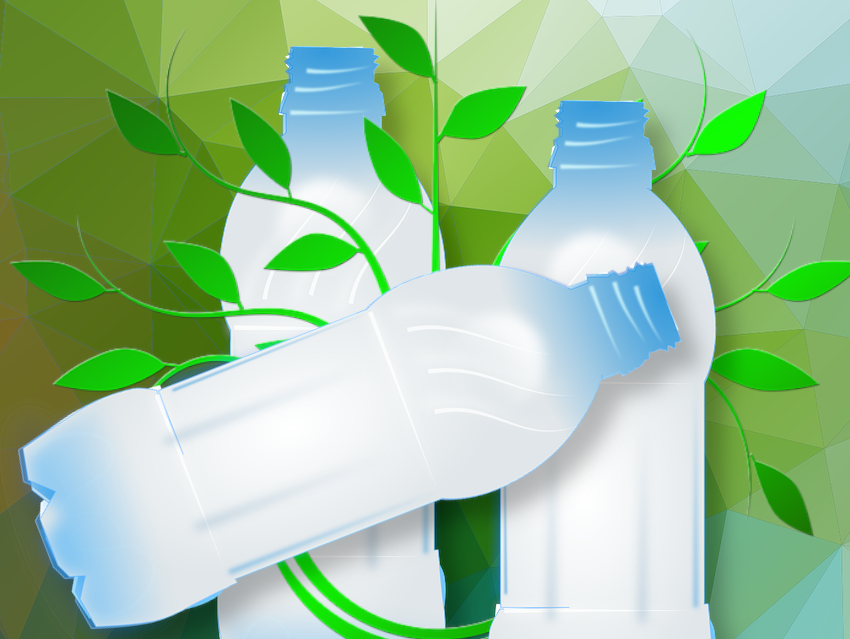Neste has entered into a cooperation with Suntory, ENEOS, and Mitsubishi Corporation to produce PET (polyethylene terephthalate) resin made with renewable Neste RE™ on a commercial scale. Neste RE is Neste’s feedstock for polymer production, made entirely from bio-based raw materials such as waste and residues (e.g., used cooking oil) to replace fossil feedstock in the value chain. Neste RE™ is a drop-in solution that can be used alone or in a mixture. Neste produces its renewable products based on its proprietary NEXBTL refining technology at its facilities in Porvoo, Finland, in Rotterdam, the Netherlands and in Singapore.
ENEOS, a new partner for Neste in Japan, will use bio-intermediates based on Neste RE to produce bio-PX (bio-paraxylene) at its Mizushima Refinery in Okayama, Japan. The bio-PX will then be converted into PTA (purified terephthalic acid) and subsequently into PET resin, which Japanese beverage company Suntory will use to manufacture their PET bottles starting in 2024. Mitsubishi Corporation will coordinate the collaboration among the value chain partners. The company uses the bio-based raw materials in its crackers. A mass balancing approach will be applied to allocate the bio-based materials to the PET bottles.
- ENEOS, Tokyo, Japan
- Mitsubishi Corporation, Chiyoda, Tokyo, Japan
- Neste Oyj, Espoo, Finland
- Suntory, Osaka, Japan




